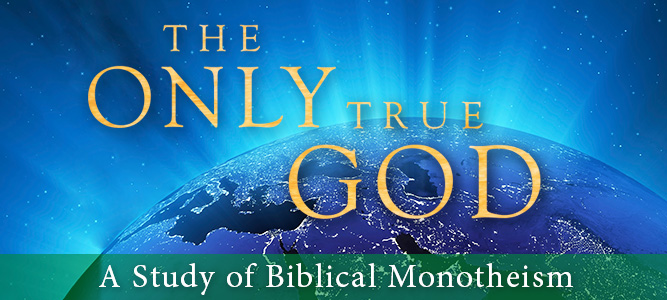You are here
Appendix 10 - Some thoughts on the Virgin Birth of Jesus

Appendix 10
Some Thoughts on the Virgin Birth of Jesus
The accounts of the Virgin Birth appear in Matthew and Luke. What is its spiritual significance? This is not explicitly expounded in the gospels or in the NT letters; but there is enough information for us to draw some preliminary (non-dogmatic) conclusions: The exclusion of Joseph from the birth process means, of course, that contrary to the normal process of human birth, no human sperm was involved. To argue that the human sperm was replaced by the preexistent Word would mean that the result of such a union would be neither truly human (since no true human being can result from such a union) nor fully God (since he is at least partially man).
It seems that the proper Scriptural understanding is that the “overshadowing” of Mary by the Spirit was like the “hovering” of the Spirit over the waters prior to creation in Genesis 1:2. The parallel serves to indicate that God was bringing into being a new creation through Mary’s womb. This means that the new creation would have required the creation of a sperm within Mary’s womb. No human being is born without sperm; but since, in this case, it was not derived from any male descendent of Adam, then consequently a new Adam (a new man, cf. Eph.2:15) came into being in Christ. This was for the purpose of bringing a new creation into existence (2Cor.5:17).
The new Adam was not, however, to be totally disconnected from the old Adam because as “the seed of the woman (Eve)” (Gen.3:15), he had to undo, through his obedience, the consequences of sin and death brought into the world through Adam’s disobedience (Rom.5:17-19). Moreover, in order to fulfill the promise of God by being the coming Messianic king descended from the Davidic line of kings, Jesus had to be of David’s “seed” (σπέρμα sperma, whence “sperm”; Jn.7:42; Rom.1:3; 2Tim.2:8), which indeed he was via his mother Mary.
The whole matter of Jesus’ birth as the point in time when the Word “became flesh” is beautifully and appropriately stated in Hebrews 10:5: “Consequently, when he came into the world, he said, ‘… a body have you prepared for me’”. His body was specially “prepared” for him; it was, so to speak, “made-to-order” or “custom-made” for him. He could thus be connected to the old creation yet, at the same time, be the beginning of a new creation. In this can be seen the wonder of divine wisdom.
The context of Hebrew 10:5 speaks of Christ being the sacrifice for sin, “the Lamb of God who takes away the sins of the world,” as described in John 1:29. It is by this means that “if anyone is in Christ, he is a new creation. The old has passed away; behold, the new has come” (2Cor.5:17).
The virgin birth was not something that originated in the NT; it was a sign first given in the OT: “Therefore the Lord himself will give you a sign: Behold, the virgin shall conceive and bear a son, and shall call his name Immanuel [which means ‘God with us’]” (Isaiah 7:14). There is also a remarkable prophecy in Jeremiah 31:22: “How long will you waver, O faithless daughter? For the Lord (Yahweh) has created a new thing on the earth: a woman encircles (or encompasses, surrounds) a man.”
The Treasury of Scripture Knowledge provides this interesting commentary:
“A female (‘one who is only a woman, not a wife, namely a virgin,’) shall encompass a man,” or a male child: which together with the addition of a new creation, may well be understood to denote the miraculous conception. Hence the Jews have applied it determinately to the Messiah. In Berashith Rabba it is said, that as God punished Israel in a virgin, so would he also heal; and in Midrash Tillim, on Ps 2, R. Huna, in the name of R. Idi, speaking of the sufferings of the Messiah, says, that when his hour is come, God shall say, “I must create him with a new creation; and so he saith, This day I have begotten thee.”
(c) 2021 Christian Disciples Church
